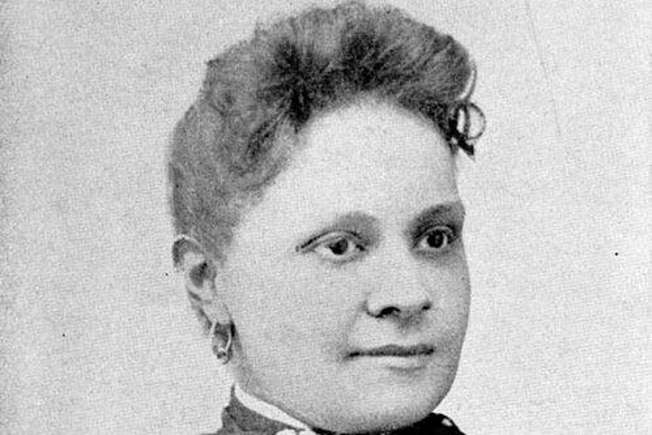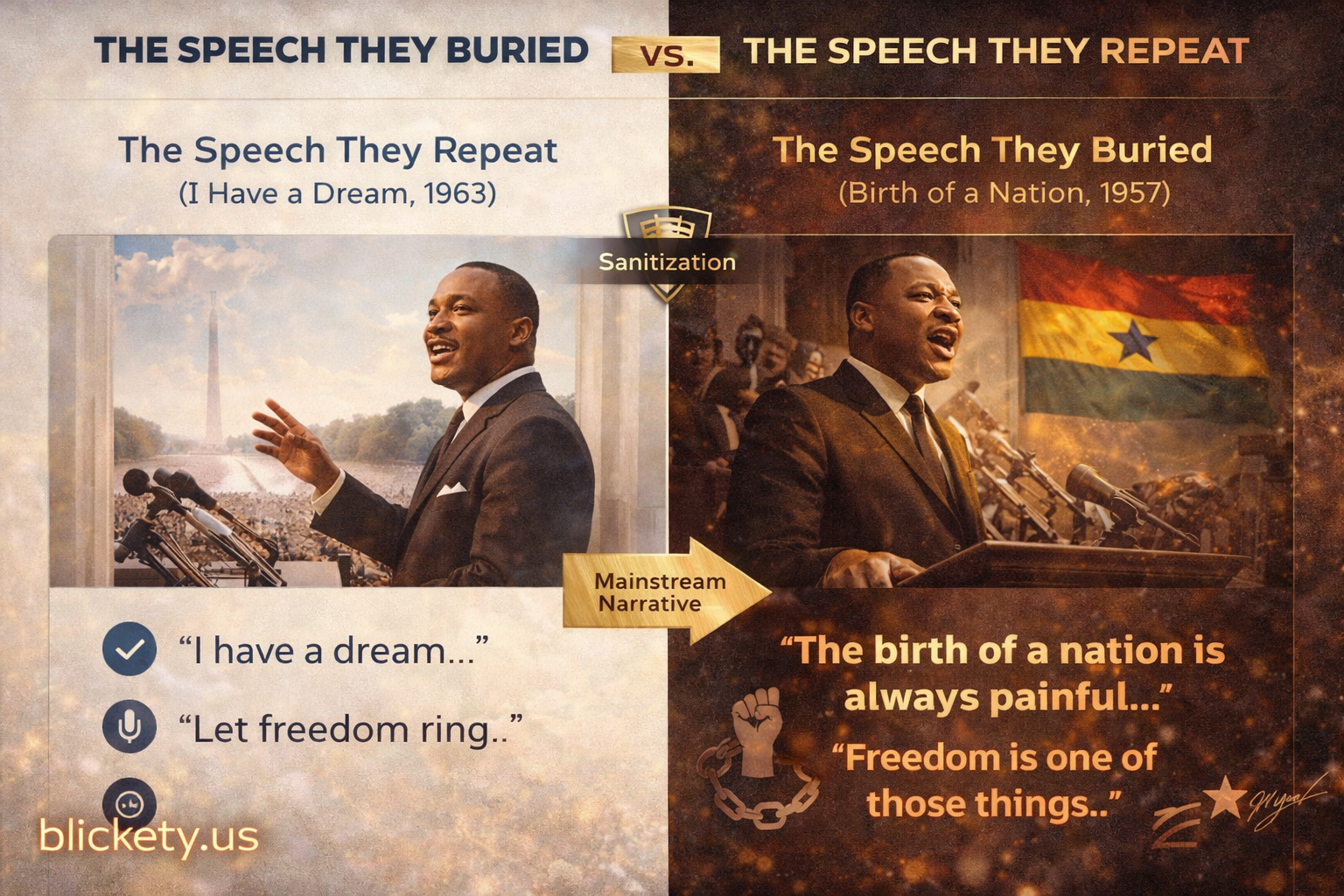1. Anna Julia Cooper: Education as Liberation
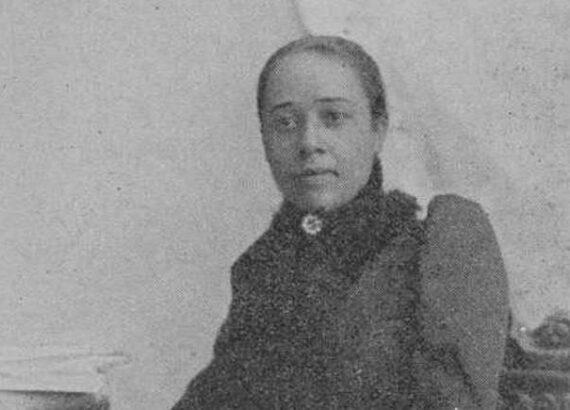
Anna Julia Cooper transformed education into a powerful weapon against oppression. Born into slavery in 1858, she shattered barriers by earning her Ph.D. from the University of Paris, becoming one of the first Black women to reach this academic height. Cooper dedicated her life to expanding educational opportunities for Black women, believing knowledge was the key to true freedom.
As an educator at Washington D.C.’s prestigious M Street High School, Cooper consistently pushed her students to exceed society’s limited expectations. Her groundbreaking 1892 book, “A Voice from the South,” boldly argued that Black women’s perspectives were essential to social progress. Additionally, she co-founded the Colored Women’s League of Washington, fighting for improved schools, employment opportunities, and social services.
Cooper’s activism extended well beyond the classroom. She challenged the women’s suffrage movement for marginalizing Black women and tackled racism, sexism, and classism head-on. Living to the remarkable age of 105, Cooper witnessed generations of Black women rise partly because of her tireless advocacy. Though often overshadowed by other historical figures, she established the fundamental principles of Black feminism that continue to influence movements today.
2. Frances Ellen Watkins Harper: Writer, Speaker, Revolutionary
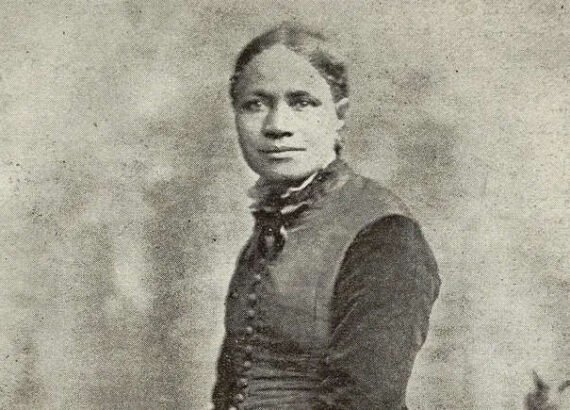
Frances Ellen Watkins Harper refused to limit her fight for justice to a single cause. Born free in 1825, she became one of the first Black women to publish a novel in the United States, using her literary talents to expose slavery’s horrors and America’s deep-rooted racism. However, Harper’s activism extended far beyond her writing.
As a powerful orator, Harper delivered compelling speeches alongside Frederick Douglass and Sojourner Truth. After the Civil War, she focused on voting rights while consistently reminding white suffragists about Black women’s unique struggles. At the 1866 National Women’s Rights Convention, Harper boldly confronted racism within the movement, emphasizing that Black women faced oppression on multiple fronts.
Harper believed in practical action over mere rhetoric. Consequently, she co-founded the National Association of Colored Women, an organization dedicated to education, job training, and social welfare for Black communities. Through her work with the Women’s Christian Temperance Union, she advocated for social reforms to strengthen Black families. Harper understood that voting rights meant little if Black women still struggled for basic survival and dignity.
Throughout her life, Harper mentored younger activists, ensuring her legacy would continue through future generations. Her enduring impact demonstrates that true equality requires fighting for justice across all aspects of society.
3. Mary Church Terrell: Lifelong Champion for Equal Rights
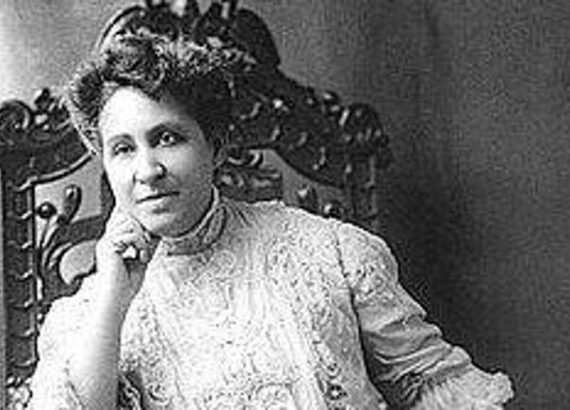
Mary Church Terrell confronted racism, sexism, and economic injustice with unwavering determination. Born in 1863 to formerly enslaved parents who became successful entrepreneurs, Terrell accessed educational opportunities unavailable to most Black women. After graduating from Oberlin College, she devoted her privilege to uplifting others.
As a founding member of the National Association of Colored Women, Terrell created their powerful motto: “Lifting as we climb.” She recognized that Black women fought not just for voting rights but for dignity, education, and economic independence. Working alongside W.E.B. Du Bois, she helped establish the NAACP, ensuring civil rights remained a national priority.
Terrell’s activism never wavered, even into her 80s. She organized protests and boycotts against segregated businesses in Washington D.C., understanding that equality meant more than legal rights—it required real opportunities in every aspect of life. She advocated for better schools, fair wages, and access to public spaces, recognizing that systemic oppression couldn’t be solved through voting alone.
Despite her significant contributions, Terrell often receives less recognition than her male contemporaries. Nevertheless, her comprehensive approach to civil rights created a foundation for future generations of activists to build upon.
4. Ida B. Wells: Fearless Journalist and Anti-Lynching Crusader
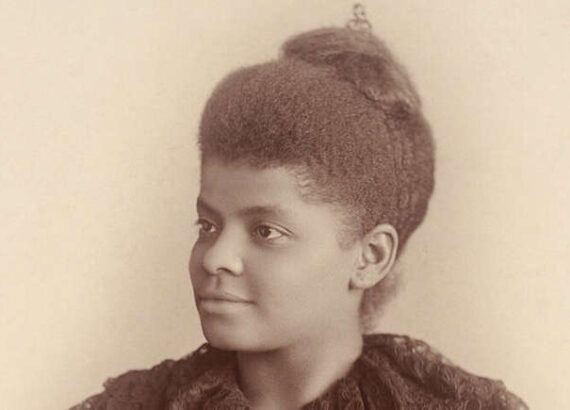
Ida B. Wells transformed investigative journalism into a powerful tool against racial violence. Born into slavery in 1862, she became one of America’s most outspoken Black women. After three friends were lynched in Memphis, Wells launched a groundbreaking investigation into widespread violence against Black men. Her reporting proved so damning that white mobs destroyed her newspaper office, forcing her to flee North.
Rather than being silenced, Wells amplified her voice, traveling throughout the United States and Europe to expose lynching’s horrors. She also fought vigorously for women’s rights, though she frequently clashed with white suffragists who ignored racism. When organizers of the 1913 Women’s Suffrage Parade in Washington D.C. attempted to make her march at the back, Wells boldly stepped to the front of the Illinois delegation, demonstrating that Black women would not be marginalized.
Furthermore, Wells co-founded the Alpha Suffrage Club to ensure Black women gained political power in Chicago. She understood that voting rights alone wouldn’t protect Black lives, which is why she persistently advocated for federal anti-lynching legislation. Wells fought until her final days, never allowing fear to prevent her from demanding justice for all, not just the privileged few.
5. Fannie Barrier Williams: Breaking Barriers in Multiple Spheres
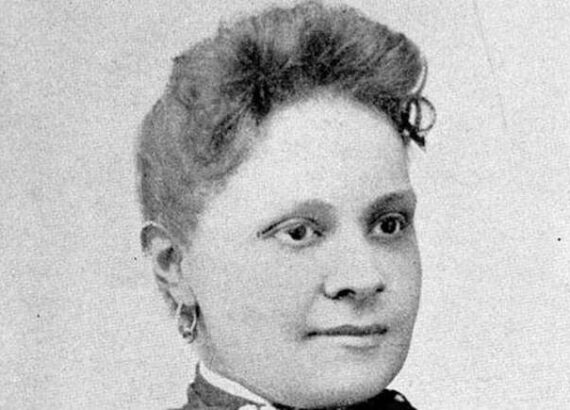
Fannie Barrier Williams broke barriers in education, politics, and social reform throughout her remarkable life. Born in 1855, she became one of the first Black women to attend the New England Conservatory of Music before dedicating herself to teaching and activism. Williams persistently fought for Black women’s inclusion in mainstream women’s organizations, refusing to let them be overlooked or forgotten.
At the 1893 World’s Columbian Exposition in Chicago, Williams used her platform as one of few Black speakers to highlight Black women’s struggles in America. She worked tirelessly to secure jobs, education, and political representation for Black communities, recognizing that progress required advancement on multiple fronts.
Williams focused on action rather than just rhetoric. She co-founded the National League of Colored Women and collaborated with suffragist groups to ensure Black women weren’t excluded. Additionally, she advocated for Black representation in Chicago’s political and civic institutions, believing that meaningful power required a seat at the table.
Despite facing racism within the women’s movement, Williams never retreated. She pushed for improvements in employment, healthcare, and legal rights, understanding that true equality encompassed more than voting rights. Her groundbreaking work established a foundation for future generations of Black feminists who would continue her fight for comprehensive justice and equality.

